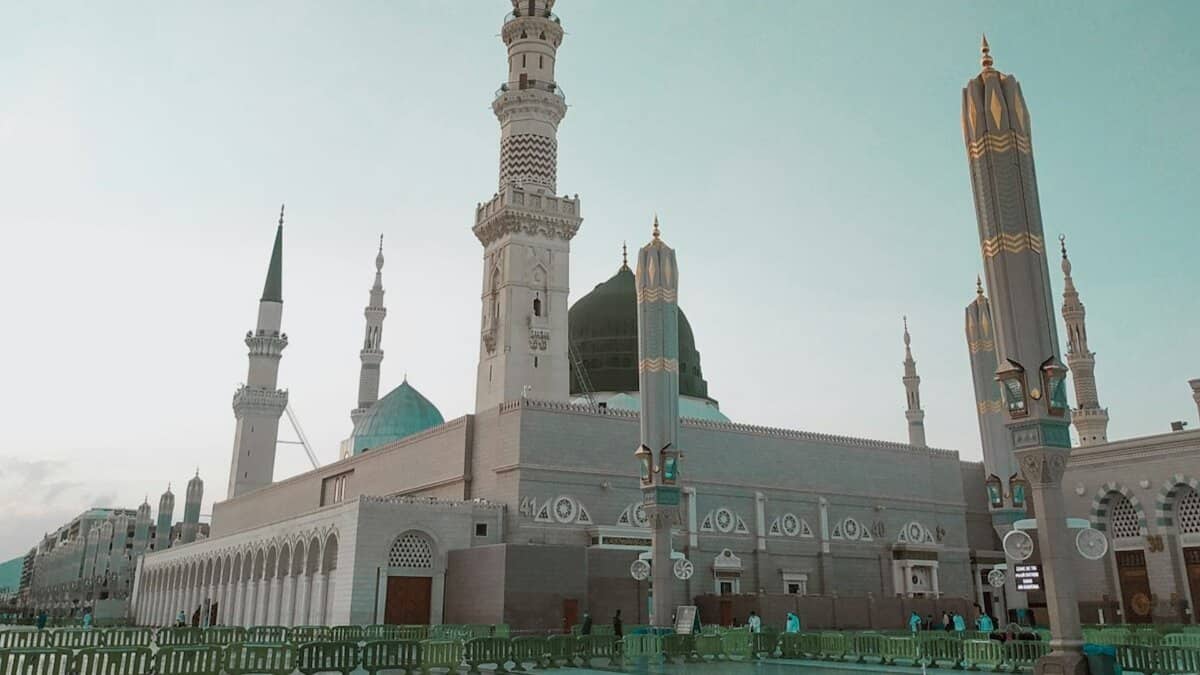
Madinah has once again been accredited as a Healthy City by the World Health Organization (WHO), becoming the second-largest city in the Middle East with a population of over one million to receive this distinction.
The certificate of accreditation was presented to Prince Salman bin Sultan, governor of the Madinah region, by Minister of Health Fahad AlJalajel during an official ceremony held on Thursday, July 31.
Prince Salman said that the recognition reflects the Saudi leadership’s continued commitment to improving quality of life in urban areas, in line with the objectives of Vision 2030.
He noted that Madinah is evolving into a leading model for sustainable development on both regional and international levels, the Saudi Press Agency (SPA) reported.
Madinah qualified for the WHO title after meeting 80 health-related standards spread across nine core areas: public participation, local development, inter-sectoral collaboration, access to community information, water and sanitation, food safety, healthcare promotion, emergency readiness, and education.
The evaluation also included initiatives supporting small loans and local economic growth to promote healthy lifestyles and long-term sustainability.
This marks the second time Madinah has secured WHO Healthy City accreditation, having first received the recognition in 2019. The renewal in 2025 comes as part of Saudi Arabia’s broader strategy to expand the number of certified healthy cities. Madinah’s inclusion brings the Kingdom’s total number of WHO-certified cities to 16.
According to Leaders MENA Magazine, other recognised cities include Taif, Tabuk, Ad-Diriyah, Unaizah, Jalajel, Al-Mandaq, Al-Jumum, Riyadh Al-Khubra, and Sharurah.
The growing list of accredited locations highlights the Kingdom’s efforts to enhance preventive healthcare, foster sustainable urban living, and ensure collaboration among government bodies and civil society to support national development goals.


